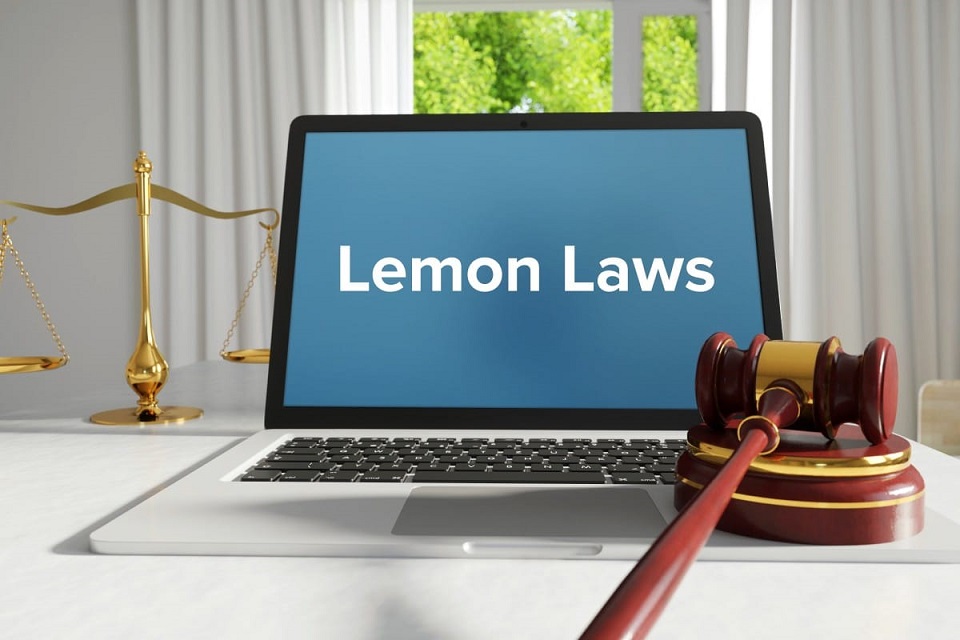
Understanding Lemon Laws and Consumer Rights: A Comprehensive Guide
Table of Contents
Key Takeaways:
- Lemon Laws are essential protections for car owners, ensuring recourse for defective vehicles.
- Specifics of Lemon Laws, like the Indiana Lemon law used cars, can significantly impact consumers’ success in claims.
- Proper documentation and understanding state-specific differences are crucial steps in the Lemon Law claim process.
- Engaging legal representation can be a pivotal factor in navigating Lemon Law disputes.
- Consumer advocacy groups play a significant role in promoting the rights of car buyers.
Introduction to Lemon Laws
Lemon laws are a critical consumer protection mechanism, providing a legal remedy for car buyers whose vehicles repeatedly fail to meet expected performance and safety standards. These laws allow for replacing, repairing, or refunding flawed cars even after multiple repair attempts—hence the term “lemon.” Every state has its unique set of Lemon Laws, and understanding them, such as the specifics of Indiana lemon law used cars, is crucial for any car owner facing such unfortunate circumstances.
Lemon Laws originated to ensure manufacturers honor their warranties and deter them from producing vehicles that do not meet quality standards. However, the protections and the processes vary significantly between states, making it essential for consumers to have a solid grasp of the applicable laws. Consequently, this guide seeks to break down these complexities and assist buyers in asserting their rights confidently in the face of a lemon.
The Lemon Law Process Explained
Dealing with a lemon can be a frustrating and time-consuming endeavor. When a new vehicle shows a substantial defect not fixed after several repair attempts, it could qualify as a lemon. The consumer is then entitled to make a lemon law claim. This process begins with the consumer giving notice of the defect to the manufacturer or dealer and then allowing a reasonable number of repair attempts. If these attempts do not fix the issue, the following steps involve formal documentation and potentially legal action.
The intricacies of the legal process can be daunting, and the onus is on the consumer to provide evidence of the defect and the attempts made to rectify it. Keeping detailed records of all interactions related to the defect, the repairs attempted, and any communications with manufacturer representatives is vital. Such documentation is often the bedrock of the case. Successfully navigating this process can lead to various remedies, including a replacement, a defective vehicle buyback, or monetary compensation.
Lemon Laws Vary by State
While federal guidelines, such as the Magnuson-Moss Warranty Act, provide a baseline for consumer protections, the specifics of Lemon Laws, including what is considered a reasonable number of repair attempts or the timeframe for seeking a remedy, differ from state to state. For instance, some states only apply their Lemon Laws to new cars, while others, like Indiana, also include used vehicles under certain conditions. Consumers must approach Lemon Law claims with a clear understanding of these distinctions, as they substantially affect the viability and strategy of their case.
Understanding the nuances of state laws can be a daunting task. Information is frequently updated to reflect new legal precedents or legislative amendments. As such, consulting with legal experts who are up-to-date with these changes is often advisable. Moreover, staying informed through reputable sources is indispensable for car owners who wish to proactively protect themselves from being stuck with a lemon.
The Role of Warranties in Lemon Law Cases
Warranties are at the heart of lemon law provisions. The manufacturer offers guarantees regarding a vehicle’s condition or operational functionality. If a car fails to perform as warranted, the manufacturer must make the necessary repairs or adjustments. The dichotomy of express and implied warranties, however much they differ in content and promises, is considerable regarding lemon law claims. Express warranties make specific promises about the vehicle’s condition, while implied warranties guarantee essential quality and performance standards.
In the context of a lemon law claim, a warranty can serve as both a sword and a shield. It can provide the legal grounds upon which a consumer can make a claim, but it also has limitations and exclusions that can stifle such claims. It’s essential to examine the warranty closely and understand its implications for your situation because, quite often, the success of a lemon claim hinges on the fine print contained within these agreements.
Common Issues Faced by Consumers with Lemons
Encountering a lemon vehicle typically signifies enduring many issues that persist despite repeated repair efforts. Owners may experience a range of malfunctions, from chronic engine problems and transmission stalling to electric system failures. These defects impede vehicle use and potentially put the owners’ safety at risk. Persistent mechanical issues can also significantly decrease the vehicle’s value and add unnecessary financial strain due to repeated repair costs.
The definition of ‘substantial defect’ under Lemon Laws is pivotal as it forms the basis of whether a vehicle qualifies as a lemon. For instance, a radio that persistently malfunctions might not qualify as such, but a stalling engine certainly could. Understanding these differences is crucial in determining whether a consumer should proceed with a formal claim under the Lemon Law.
How to Document Your Lemon Law Case Effectively
Adequate documentation is a cornerstone of a compelling lemon law claim. More is needed to state a persistent problem; consumers must prove it. Every visit to the dealership for repairs, every call to customer service, and every related interaction must be meticulously recorded. This means saving all receipts, work orders, and reports from the dealership that detail the nature of the defect and the repairs attempted.
This level of thoroughness serves two purposes: it establishes a transparent timeline that demonstrates the persistence of the problem and the consumer’s efforts to address it, and it also lays the groundwork for a more straightforward legal process should the situation escalate to litigation or arbitration. Keeping organized records can often make all the difference when seeking recourse through Lemon Laws.
The Importance of Legal Representation in Lemon Law Disputes
While consumers can pursue Lemon Law claims independently, the process can be highly technical and often convoluted for those unfamiliar with legal procedures. Engaging with a legal expert specializing in consumer protection laws can help level the playing field against large manufacturers and dealers who are well-versed in defending such claims. An attorney can offer strategic advice based on extensive experience and ensure that a client’s legal rights are fully enforced.
Legal representation becomes imperative when consumers face pushback or stalling tactics from manufacturers. In these circumstances, support from an attorney can ensure the proper escalation of the case through negotiations or into the courts, increasing the likelihood of a successful resolution. Consumers should consider the benefits of hiring qualified legal assistance, especially in complex or high-value cases.








